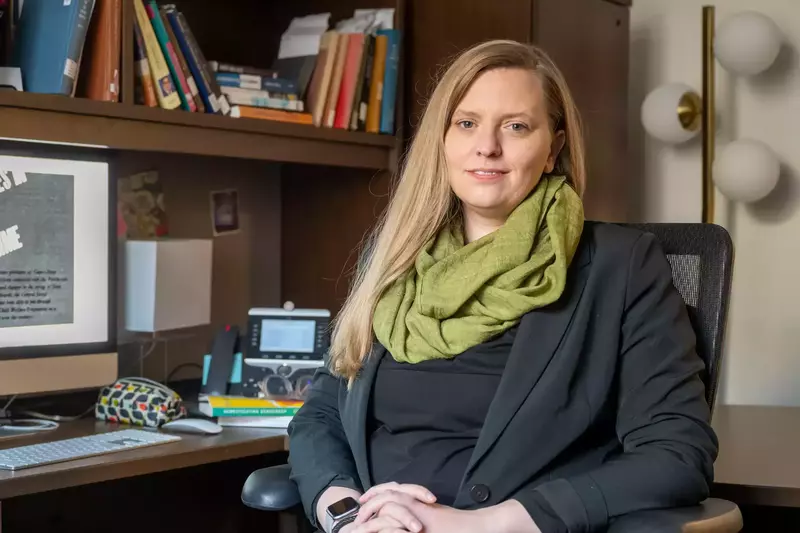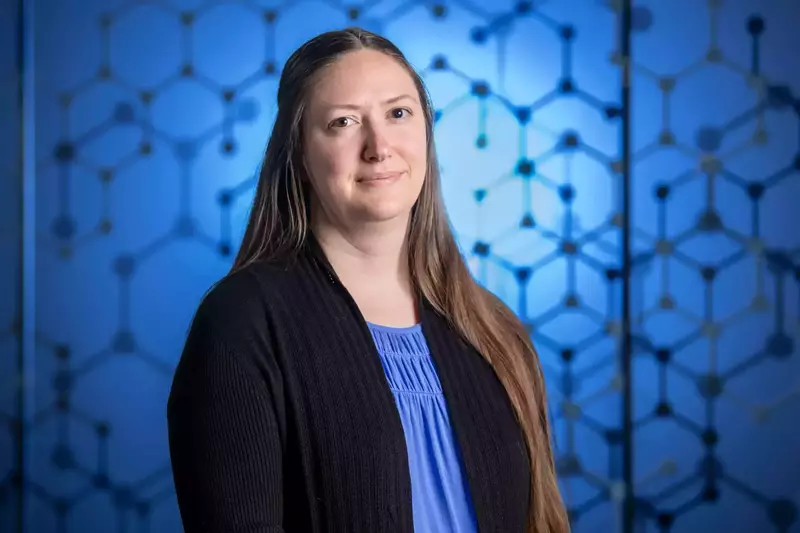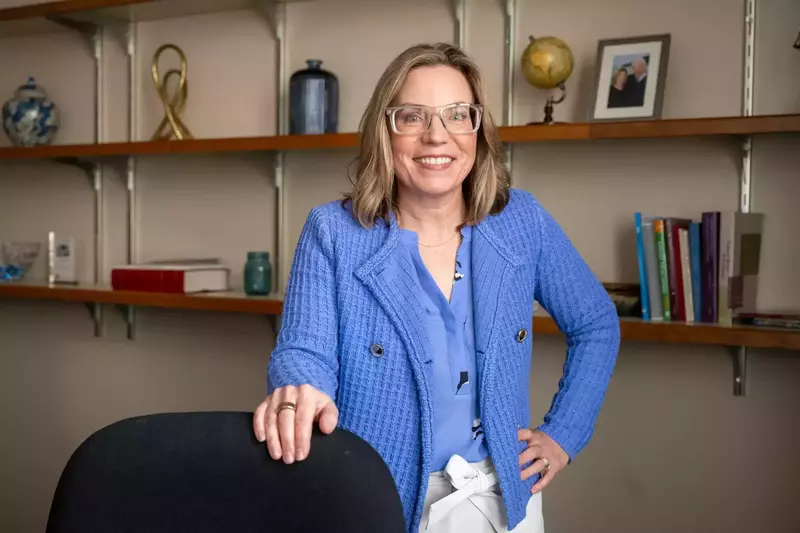Julia Kowalski, a cultural anthropologist in the Keough School of Global Affairs, studies how abstract social phenomena such as gender inequality and democracy manifest themselves in intimate lived experiences, especially in India and South Asia more broadly.
“I explore the methodologies and theories that can help us connect small-scale, everyday lived experiences and practices to the big abstract categories that seem to govern our lives from above,” said Kowalski, who holds a doctorate in comparative human development from the University of Chicago. “Part of what’s at stake is that inequality and power are often reproduced at micro levels in ways that can be hard to see. My research enables us to see how gender-based inequality gets grounded and naturalized in everyday life.”
Kowalski’s most recent research is documented in her book, Counseling Women: Kinship Against Violence in India (University of Pennsylvania Press), which was awarded the 2023 Michelle Z. Rosaldo Prize by the Association for Feminist Anthropology. The book is the product of Kowalski’s ethnographic studies of women’s counseling centers in Jaipur, India, a city about the size of Chicago. Kowalski shadowed frontline workers, known as family counselors, as they supported women who had experienced domestic violence at the hands of a spouse or extended family member. Kowalski discovered that rather than focusing on gaining independence from family as they might in Western contexts, counselors worked to help women cultivate relationships of interdependence within their family. That is, family relations were seen as something to be both sustained and transformed.
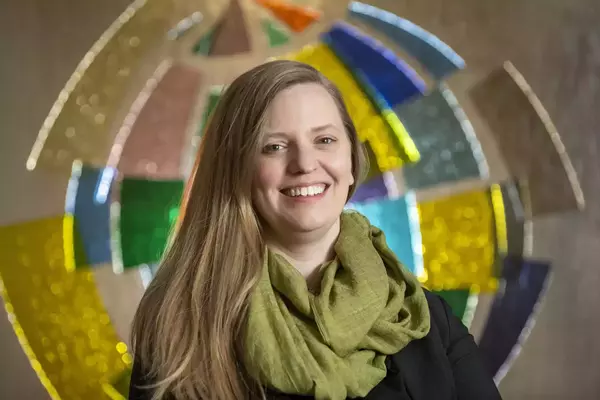
“Hearing how these counselors approached family conflict was a real record-scratch moment for me,” Kowalski said. “They taught women how to strategically frame their requests in ways that invoked the care and obligations that their family members had to them.”
Kowalski said her research for Counseling Women is an example of a broader trend in her field: a growing recognition that the most effective interventions for gender-based violence are tailored to their social and historical contexts.
“There’s now a conversation among those of us who study gender-based violence about the importance of contextualizing this category,” Kowalski said. “To see context, you need qualitative ethnographic work.”
Anthropologists don’t take any categories for granted, Kowalski said, meaning there’s very little about human experience that they accept as universal.
“You have to have a big imagination when you’re an anthropologist, and that speculative element can be very powerful.”
“It can be exhausting, but it also encourages a kind of curiosity that’s really important when you’re dealing with complex global issues like climate change or democratic backsliding or gender-based violence,” she said. “You have to have a big imagination when you’re an anthropologist, and that speculative element can be very powerful.”
Kowalski brings this curiosity to the classroom, where she teaches Foundations of Cultural Analysis and Engagement to undergraduate global affairs majors and Gender, Sexuality, and Development to Master of Global Affairs students and undergraduates.
“I love working in a school of global affairs because I am able to work with and offer ideas to a really wide range of students, from the Master of Global Affairs students who come from all over the world to the growing number of undergraduates majoring in global affairs,” Kowalski said. “While a traditional anthropology course would acknowledge the profound variations of human experience, we take it a step further and think about how those variations inform how we solve global problems.”
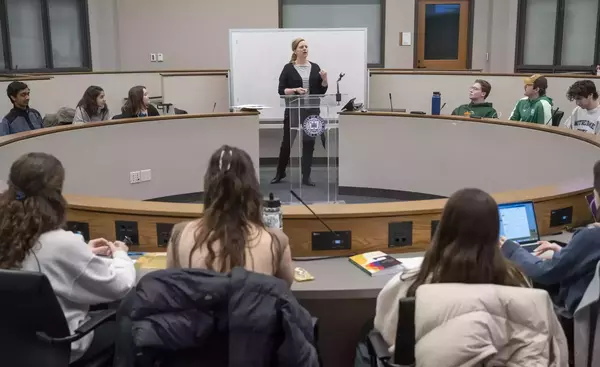
As part of the Keough School, Kowalski interacts as much with economists, political scientists, sociologists, and theologians as much as she does with other anthropologists.
“A challenge is that unfortunately anthropologists are not well understood as a discipline by other experts,” she said. “There’s a tendency for people in other disciplines or policy experts to see anthropologists as people who study exotic or primitive peoples. It’s not crazy to think that because that’s how our discipline started.”
Kowalski said she’s always thinking about how to communicate the value of an anthropological perspective to those who approach global problems from other disciplines and who have a different understanding of what counts as data or as valuable and actionable knowledge.
“It’s only going to get more important as we work harder to confront some of these big tangly issues that affect us all,” she said. “I do think anthropologists bring an important way of understanding the world, and so I really like that challenge.”
